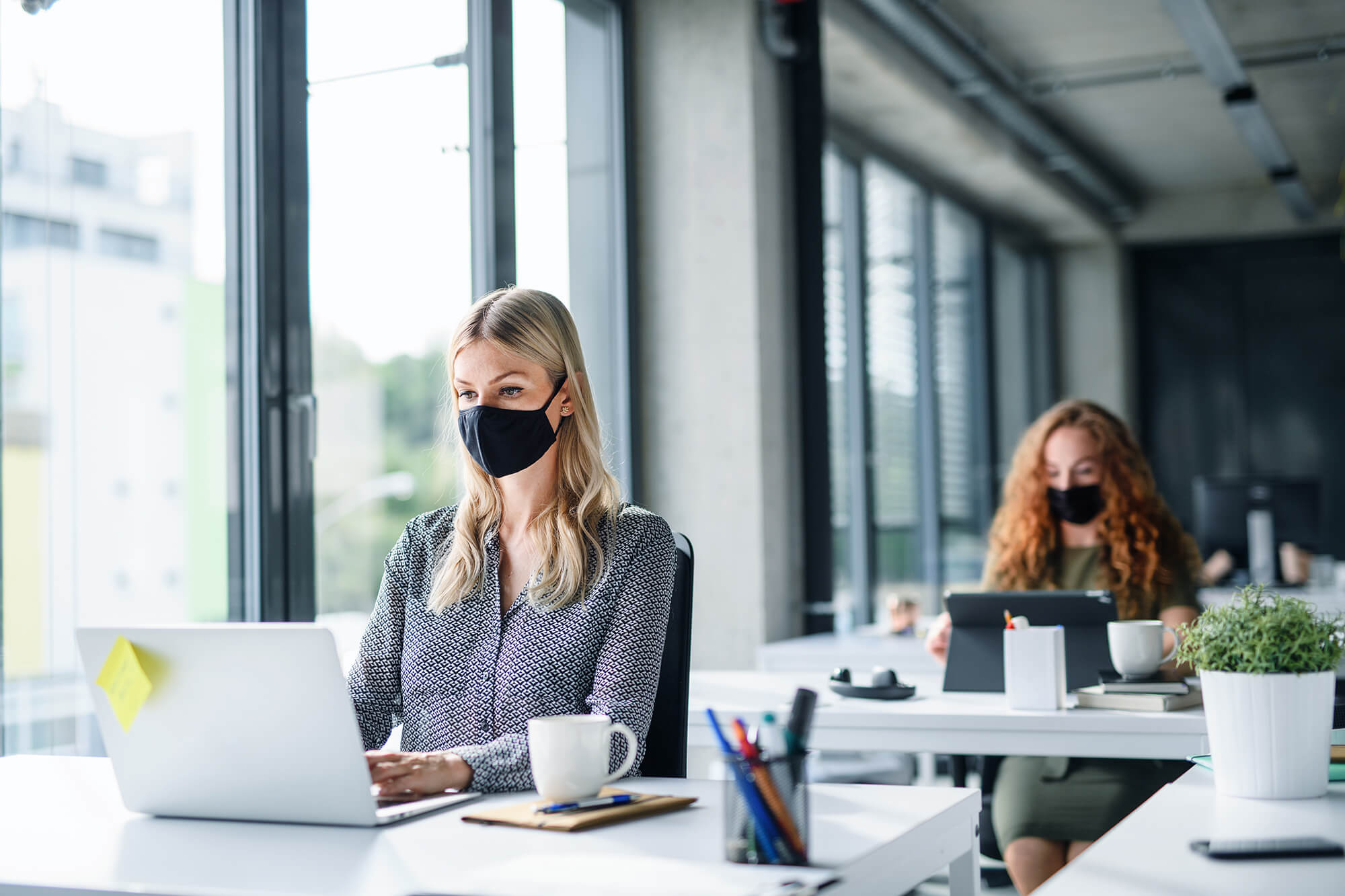On December 21, 2021, the Chancellor of Germany and the heads of government of the individual German states met to discuss the current critical situation in connection with the SARS-CoV-2 virus. The central topic was the containment of the spread of the omicron variant in order to protect the health of the population, to prevent a further overload of the health care system as well as to prevent (further) overwhelming of the critical infrastructure, such as hospitals, police, fire department, rescue services, logistics etc.
The vaccination campaign remains a key element in the strategy to combat the pandemic. The heads of government are urging the introduction of a general vaccination obligation and are asking the Bundestag and the federal government to press ahead quickly with preparations for this and to present a timetable in the short term. In view of the vaccination campaign and especially the currently upcoming booster vaccinations, we would like to point out once again the obligation of employers according to § 5 Corona-ArbSchV (Corona Employee Protection Act) to enable their employees to be vaccinated during working hours.
Furthermore, on December 21, 2021, the heads of government agreed on minimum standards, with existing federal and state resolutions to remain valid unless they make different determinations.
As of December 28, 2021, the following shall apply:
- Access to cultural and recreational facilities and events, as well as to retail outlets, remains available nationwide and irrespective of incidence only to vaccinated and recovered persons (2G). Stores for necessary goods such as grocery stores or pharmacies are exempt. Stricter regulations (2G+) are possible.
- At private meetings attended by persons who have not been vaccinated and/or have not recovered, only one’s own household and no more than two persons from one other household (not including children up to the age of 14) may be present.
- Spouses, civil partners and partners in a non-marital partnership are considered as one household, even if they do not live together.
- Private meetings of vaccinated and/or recovered persons are limited to a maximum of 10 persons (excluding children up to the age of 14).
- Once an unvaccinated/unhealed person is present at a meeting, the 2-household rule applies.
- The sense of responsibility of each individual is appealed to and before any meeting, especially during the Christmas holidays, it is recommended to perform a corona test – regardless of vaccination or recovery status.
- A ban on gathering and assembly applies on New Year’s Eve and New Year’s Day. Municipalities are to designate public places where fireworks are banned. In general, no pyrotechnics may be sold this year.
- Indoor clubs will be closed from Tuesday next week. Dance events are prohibited.
- Major supraregional events take place without spectators. This applies in particular to the highly controversial professional soccer matches.
- Companies particularly affected by the Corona safeguard measures are to be supported with so-called Überbrückungshilfe IV.
The above contact restrictions apply to the private sphere. The 3G workplace rules already in force (Sec. 28b (1) sent. 1 IfSG – German Infection Protection Act) will continue to apply.
Operators of critical infrastructures are also required to review and adapt their operational pandemic plans and ensure that they can be activated at short notice so that they are prepared for the challenges posed by the omicron variant. A newly established federal-state crisis task force will support the companies.
The next Minister Presidents’ Conference will be held on January 7, 2022. The above-mentioned regulations will remain in force until then. Additional regulations, including stricter ones, are possible in individual German states. We will of course keep you informed of any new developments.



